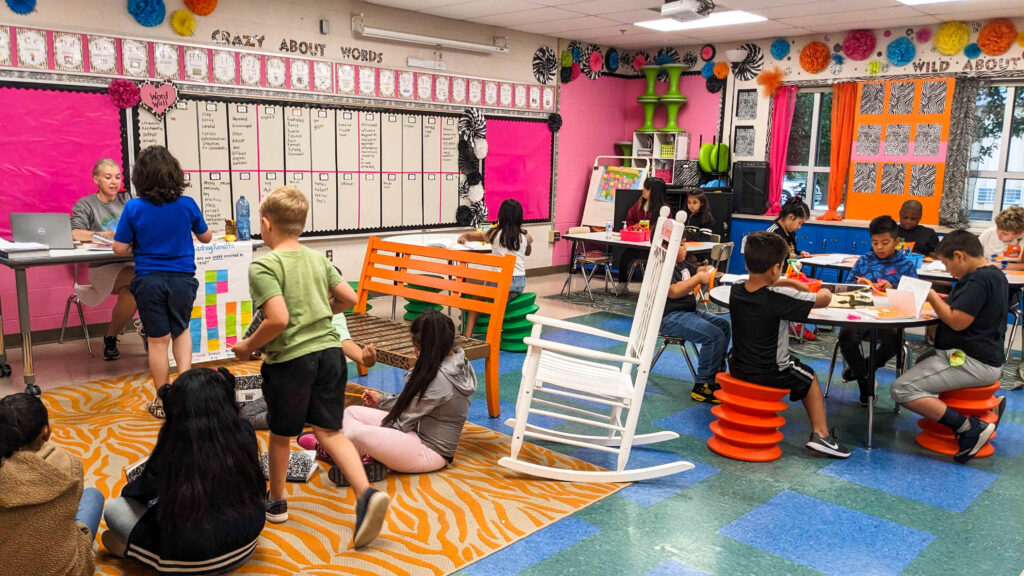
A mother living in rural Perry County, Tennessee couldn’t get her child to school on time. Instead of punishing her for her child’s truancy, a county disciplinary board addressed the root cause of the problem: the mother’s car.
“A mother said, ‘The bus doesn’t run to our area. I can’t get my kid to school because we don’t have a battery for our car. It died.’ The disciplinary board reached out to community partners and they were able to provide a battery. And now that child is able to get to school because that parent is able take them,” Save the Children’s Michelle Smith told WPLN News.
The organization runs the Rural Early Learning Impact Network to support rural communities by offering needed resources — like car batteries — that can go a long way toward addressing systemic issues.
Ladder out of poverty
The Tennessee Commission on Children and Youth reports that one of five children in Tennessee live in poverty. Smith stressed that the poverty rate is even higher for rural children. Education, she said, is the one of the most effective tools to improve their futures.
“We know that education is a ladder,” Smith said. “It’s a ladder up out of poverty.”
Much of this Save the Children initiative focuses on kindergarten readiness and third grade language proficiency. This includes offering additional training for the TCAP, including a boot camp and fun learning activities to decrease stress around the high stakes exam.
Third graders who don’t do well enough on the English language arts portion of the exam are required to attend summer learning programs, enroll in tutoring or both under a state law passed in 2021. They can also be held back.
To improve these education outcomes, Save the Children partners with community members who volunteer to provide families with support. For example, volunteers help families use an app that allows them to view their children’s grades, disciplinary times, any excused or unexcused absences, or disciplinary records. Smith said these volunteers include local business members, retirees, and city leaders, like mayors, sheriffs and county commissioners.
Smith said she hopes that the work Save the Children does to partner with local community partners will lift some of the weight off of schools — which often serve as the hub for all things children and family in rural communities — so they have more resources to educate their students.

